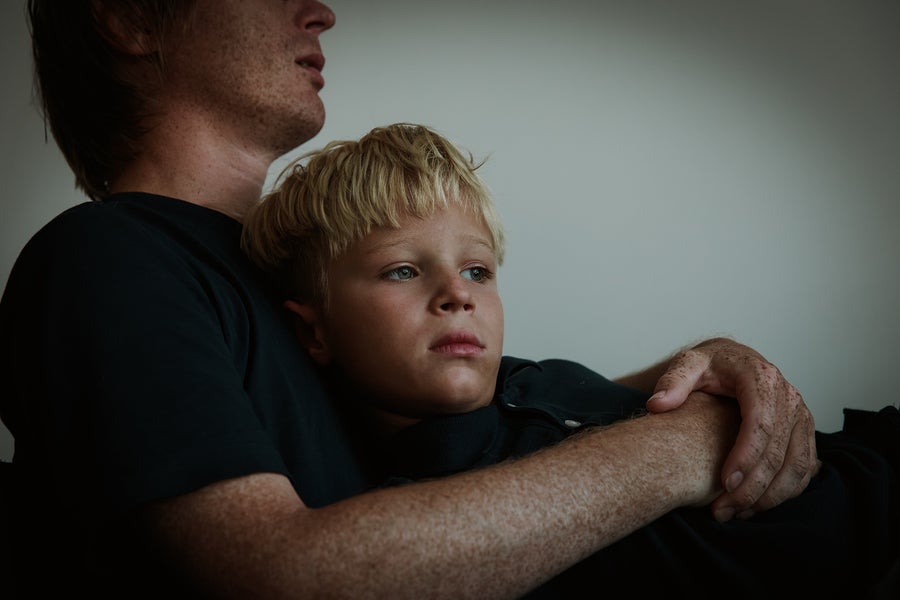Florida’s legislature is at it again, despite a recent strong Appeals Court ruling that Medicaid work requirements are not permitted by the statute. A bill to impose the harshest Medicaid work reporting requirements in the country on very poor parents – mostly women – is moving through Florida’s House of Representatives. An identical bill passed the House on a straight party line vote last year but died in the Senate. Let’s hope the same happens this year because it is hard to imagine a more reckless and counterproductive idea than this one.
I blogged about why this bill is so bad last year and the fundamental facts remain the same. The bill creates a no-win Catch 22 situation for very poor parents – mostly women – which will only result in them losing their health insurance as they struggle to support their families. Florida’s Medicaid income eligibility is so low that only parents that have income below 32% of the poverty line ($6,950 per year for a family of three) are eligible. If these parents meet the work requirement rules they would exceed the income eligibility threshold and lose their Medicaid. If they don’t meet the rules they lose their Medicaid.
This is simply a back door way to eliminate Medicaid for very poor parents. Were it to become law it would no doubt be challenged in court, and it is hard to imagine the court challenge wouldn’t be successful – since the case would be assigned to the same judge that already struck down Arkansas, Kentucky and New Hampshire’s work requirements. The central issue, as outlined in the Appeals Court decision, is that Section 1115 waivers must be a demonstration that aligns with the objectives of the Medicaid program – which fundamentally is to provide coverage to low income people – not to take it away.
So the state would face costly litigation – and (in a new development since last year) a recent GAO report found inappropriate federal spending on Medicaid work requirements which has been referred for investigation to the Inspector General. This could result in federal funds the state spends on IT systems to implement this complex policy being clawed back.
Based on the experience of Arkansas – the only state which has implemented Medicaid work requirement rules to date – coverage losses in Florida would be steep. In Arkansas, 23% of those in the Medicaid expansion group lost coverage – and that was under a less extreme work reporting rule that exempted parents! The state’s own data showed that less than 1% of those affected reported new work hours in fact Harvard researchers found that unemployment actually went up. People like Adrian McGonigal got tripped up in the red-tape, and the policy change promoted as helping people work actually caused them to lose their jobs.
By definition parents will face more barriers, such as the lack of affordable child care, so we can expect coverage losses to be even higher in Florida – a state that has not expanded Medicaid so the population impacted will be entirely low-income parents. In Arkansas, there was no Catch 22 because an increase in earnings up to 138% of FPL didn’t disqualify those adults from Medicaid coverage as the state has taken up the Affordable Care Act Medicaid expansion.
In Florida, the bill summary indicates that 501,554 parents would be affected so applying a 23% coverage loss such as happened in Arkansas would mean over 115,000 parents would lose coverage. And this is a conservative estimate because parents face more barriers. In fact, Florida’s bill is the harshest I have seen as only parents with infants under three months are exempt.
When you harm a parent, you also put their child in harm’s way. When parents lose health coverage, their children are less likely to have their health care needs met, more likely not to have health insurance, and the whole family becomes less financially secure. This harmful policy won’t help parents get a job, but will cause significant coverage losses and make it harder for these families to escape poverty.


